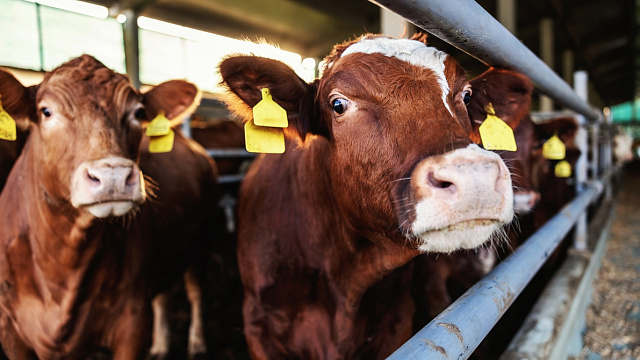Indonesia and Brazil have launched a pilot cattle farming initiative that could hold valuable lessons for African nations looking to boost livestock production, improve food security, and empower rural communities.
The project, set in East Sumba, Indonesia, spans 10,000 hectares of communal land and introduces an innovative development model: community-owned land managed as a corporate asset, with profits shared between the local population and Brazilian investors.
“The new concept of transmigration today is that land is communalised and managed as a community corporate asset, allowing for a profit-sharing scheme between the community and investors,” said Iftitah Sulaiman Suryanagara, Indonesia’s Minister of Transmigration.
Livestock as a Tool for Development
The project will begin by breeding 5,000 female beef cattle, with Brazil contributing investment and technical expertise. Beyond increasing meat production, the initiative is designed to raise rural incomes and strengthen national food security.
This approach resonates with the goals of many African countries, where livestock plays a central role in rural livelihoods and protein security, yet remains underdeveloped due to fragmented land rights, weak infrastructure, and limited investment.
A Scalable Model for Africa
Indonesia’s Ministry of Transmigration manages 3.1 million hectares of land, and over 500,000 hectares are now being designated for a national livestock ecosystem. The pilot in East Sumba is the first step toward a livestock-centered rural transformation—a vision that African governments may find worth emulating.
In Africa, communal land ownership and smallholder systems are widespread. This shared ownership model, combined with structured investment and profit-sharing, could offer a way to transform livestock production while preserving community land rights and enhancing economic participation.
Lessons and Opportunities
African nations such as Ethiopia, Nigeria, Kenya, and South Africa—all with large cattle populations and untapped livestock export potential—could explore similar public-private-community partnerships. With the right regulatory frameworks and investor interest, Africa can adapt Indonesia’s model to build sustainable, inclusive livestock value chains.
This initiative also aligns with broader continental strategies under the African Continental Free Trade Area (AfCFTA), where improving agricultural productivity and cross-border trade in livestock products is key to economic integration and food system resilience.
Looking Ahead
As Indonesia and Brazil move forward, African policymakers, agribusiness leaders, and rural development agencies should watch closely. This partnership could be a blueprint for how emerging economies can collaborate to empower farmers, enhance food systems, and create scalable models that benefit both investors and communities.



